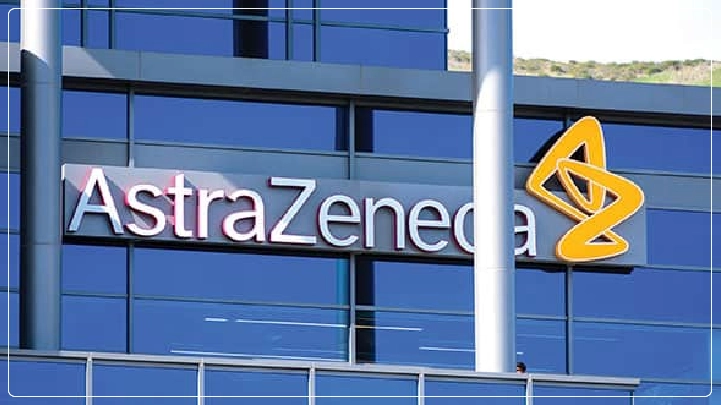February 2025
The American Food and Drug Administration has authorized Datroway (datopotamab deruxtecan/Dato-DXd) for use as a medication for human patients suffering from inoperable or metastatic estrogen receptor-positive, human epidermal growth factor receptor 2-negative (ER+/HER2-) breast cancer. The authorization was established based on the TROPION-Breast01 test, demonstrating that the likelihood of disease progression or death was reduced by 37% compared to other chemotherapies.

Datroway offers a choice for patients who have been treated with endocrine-based therapies and chemotherapy in the past. It included 732 patients from Africa, Asia, Europe, and North and South America. Findings from the clinical trial included a median progression-free survival (PFS) of 6.9 months compared to 4.9 months with chemotherapy, a reduction in the risk of disease progression by 37%, and safety information consistent with prior systematic reviews. Most interstitial lung disease (ILD) cases were low-grade, occurring in 4.2% of all patients. Datroway is an engineered humanized antibody-drug conjugate focusing on TROP2 that AstraZeneca and Daiichi Sankyo partnered to create.
AstraZeneca has just made another scientific breakthrough by introducing a new drug, Datroway, which is the eighth new drug in the company's bid to produce 20 groundbreaking medicines in the coming years. This means replacing chemotherapy with highly developed chemotherapeutic drugs, such as antibody-drug conjugates, as AstraZeneca strives to create better options for treating cancer patients suffering from various indications. The global head of oncology business operations at Daiichi Sankyo, Ken Keller, presented Datroway as a viable early option for metastatic treatment, along with four already FDA-approved oncologic agents.
Breast cancer is a significant problem in the US, with more than 300,000 incident cases reported every year. The survival rates are very high in the early stages of breast cancer, but only about 30% of patients with metastatic HR-positive, HER2-negative breast cancer are likely to live more than five years from the date of diagnosis. Most ongoing treatments, which can be administered either through endocrine therapy or chemotherapy, offer limited benefits and poor outcomes by the time they reach advanced stages. This is the reason for the continuous call for better and newer treatments, as Caitlin Lewis also pointed out. Additionally, Datroway, a novel drug, is already approved in the United States and is under regulatory review in the European Union, China, and other regions to modify or establish global accessibility. Datroway was tested in trial TROPION-Breast01 to investigate the safety and efficacy of intravenous Datroway and single-agent chemotherapy for those with unresectable or brain metastatic HR-positive/HER2-negative breast cancer.
Datroway is a revolutionary new therapy that the U.S. Food and Drug Administration (FDA) has approved for the treatment of patients with metastatic HR-positive and HER2-negative breast cancer. It represents a valid alternative to standard chemotherapy for these patients and is associated with promoting progression-free survival among those with limited options. Datroway is bringing back hope for individuals with advanced breast cancer; presumably, it will support a strong safety profile and a targeting mechanism. The collaboration between AstraZeneca and Daiichi Sankyo in oncology demonstrates how a commitment to innovation and patient care can be shared. This brings hope to patients with breast cancer whose metastatic status has raised concerns regarding their future treatment. Unfortunately, such scientific collaboration has great potential to transform care by addressing expensive methods that do not yet meet the needs of patients.
February 2025
February 2025
February 2025
February 2025